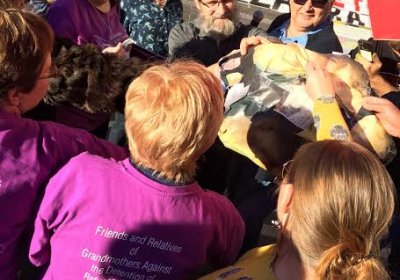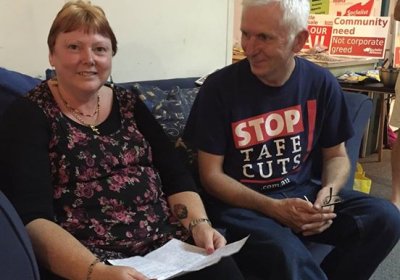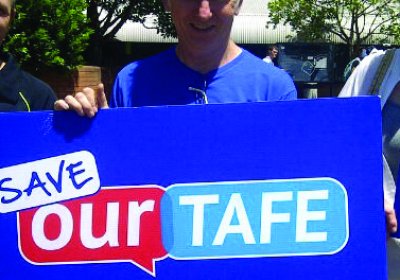RAD Exhibition
Until August 27
Newcastle Museum
Radical Newcastle
Edited by James Bennett, Nancy Cushing & Erik Eklund
New South Publishers, 2015
$39.99
Exhibitions like RAD, now showing at the Newcastle Museum, and Radical Newcastle, the book that inspired it, help each generation of activists remember and learn the lessons of previous struggles.







